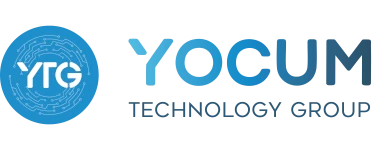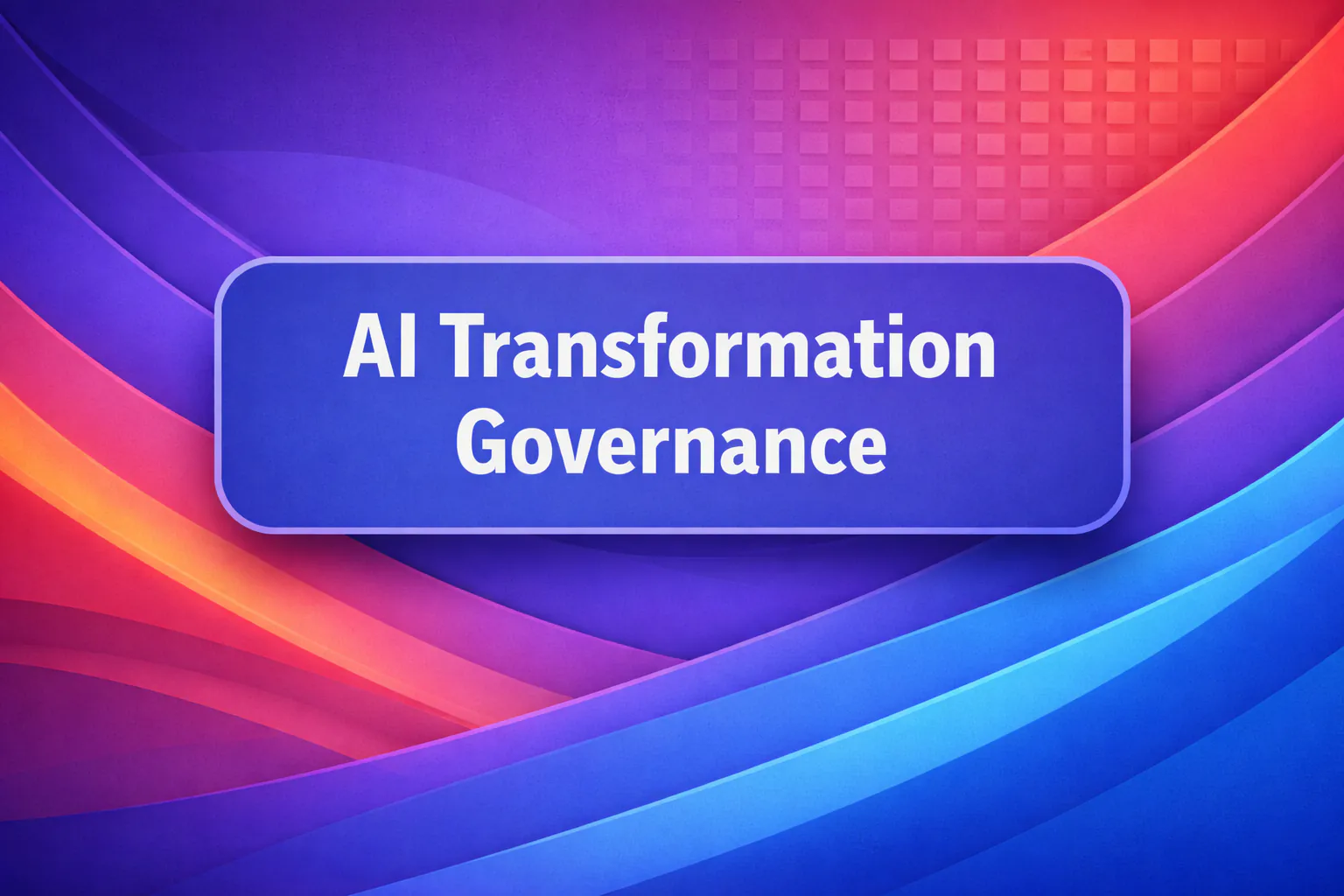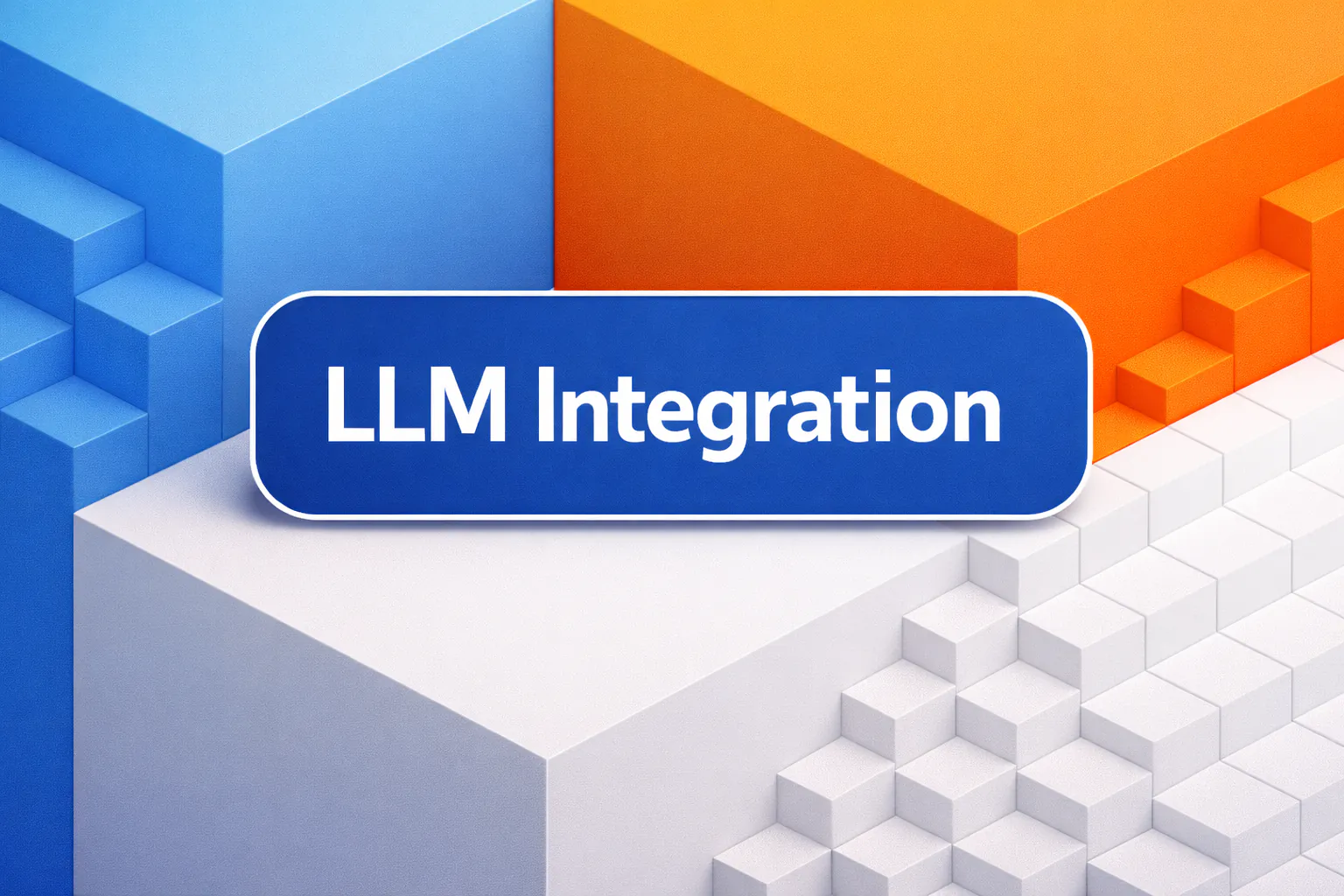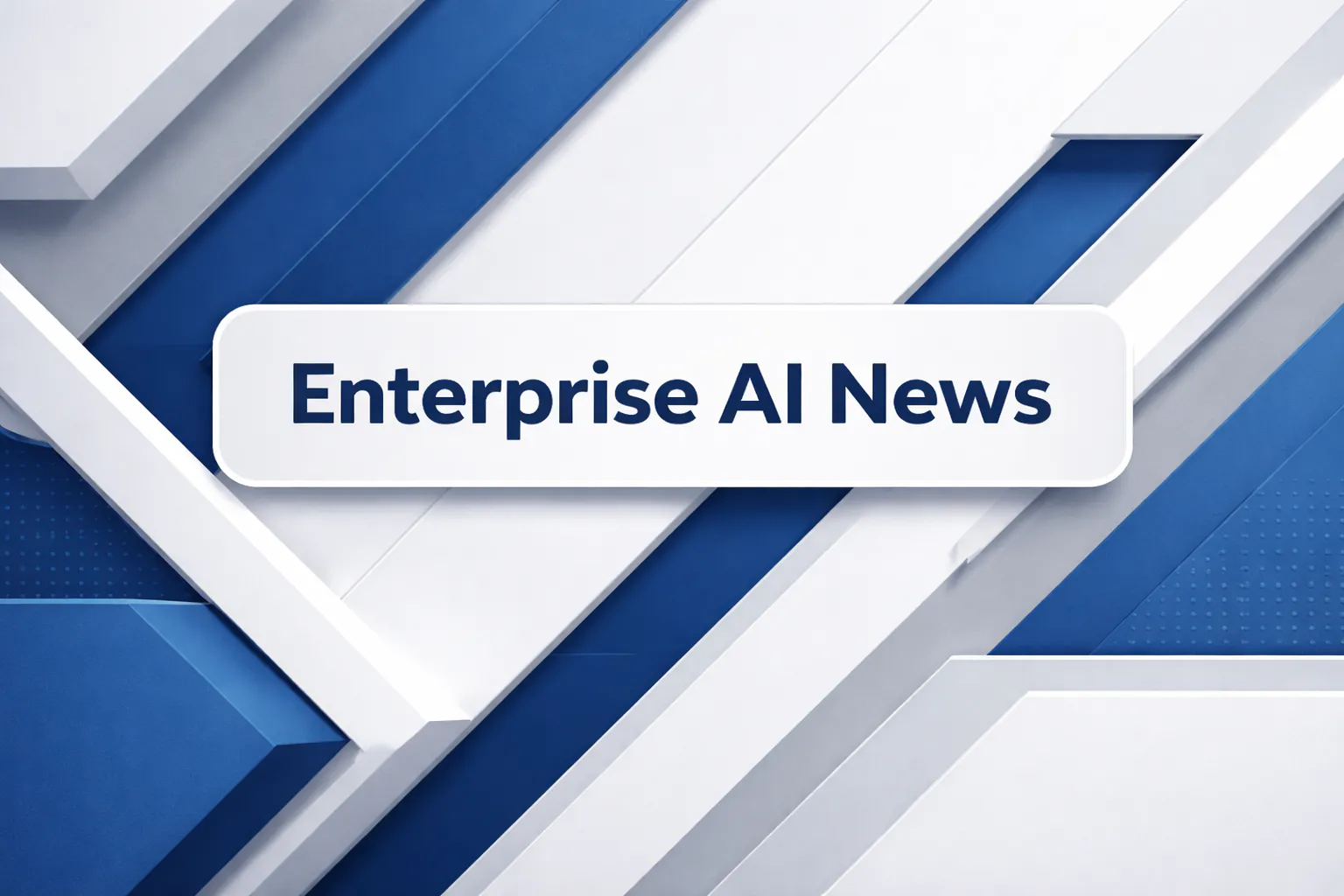How the Model Context Protocol (MCP) Is Powering the Agentic Web
Key Takeaways
- MCP Standardizes AI Integration: The Model Context Protocol provides a universal framework for connecting AI agents with various data sources and tools, simplifying development and promoting interoperability
- Empowering the Agentic Web: By enabling AI agents to collaborate and operate autonomously, MCP is instrumental in building an agentic web that transforms user interactions with digital services.
- Broad Industry Adoption: Major tech companies, including Microsoft and OpenAI, are adopting MCP, signaling its significance in the future of AI development and web interaction.

The Model Context Protocol: Building the Agentic Web
The Model Context Protocol (MCP) is rapidly becoming the backbone of the agentic web—a new paradigm where AI agents don’t just assist but autonomously interact, collaborate, and perform tasks across diverse platforms. Announced by Anthropic in late 2024, MCP is an open standard designed to facilitate interoperability between AI agents and various data sources, tools, and services. By standardizing how AI models access and exchange information, MCP aims to eliminate technological silos and foster a collaborative ecosystem for AI development.
What Is the Model Context Protocol?
MCP serves as a universal interface that allows AI agents to connect with different systems, much like how USB-C provides a standardized connection for hardware devices. It enables AI models to access external data, execute functions, and maintain context across interactions, thereby enhancing their autonomy and effectiveness.
For developers, MCP simplifies the integration process by providing a consistent protocol to connect AI agents with various applications and data repositories. This standardization reduces the need for custom connectors and accelerates the development of AI-powered solutions.
Microsoft’s Vision for the Agentic Web
At the Microsoft Build 2025 conference, the company emphasized its commitment to the agentic web by integrating MCP into its platforms, including Windows 11 and Azure AI services. Microsoft’s CTO, Kevin Scott, highlighted the importance of AI agents that can anticipate user needs, coordinate with other agents, and perform complex tasks autonomously. By adopting MCP, Microsoft aims to create an open ecosystem where AI agents can seamlessly interact across different environments and platforms.
One notable initiative is the introduction of NLWeb, an open protocol that enables websites to incorporate natural language AI search capabilities. This move is part of Microsoft’s broader strategy to decentralize AI interaction on the web, allowing developers to integrate customized chatbot functionalities using their own data and inexpensive AI models.
The Role of MCP in AI Agent Development
MCP’s adoption is not limited to Microsoft. OpenAI, Google, and other major players in the AI industry have embraced the protocol, recognizing its potential to standardize AI integration and promote interoperability. By providing a common framework, MCP facilitates the development of AI agents that can work together, share information, and perform tasks more efficiently.
For developers, MCP offers several advantages:
- Simplified Integration: MCP reduces the complexity of connecting AI agents to various data sources and tools, streamlining the development process.
- Enhanced Collaboration: By enabling AI agents to communicate and coordinate with each other, MCP fosters a collaborative environment for AI applications.
- Improved Autonomy: With access to diverse data and services, AI agents can operate more independently, making decisions and performing tasks without constant human oversight.
Implications for Web Users
The rise of the agentic web, powered by MCP, signifies a shift in how users interact with digital services. Instead of navigating through multiple websites and applications, users can rely on AI agents to handle tasks, fetch information, and make decisions on their behalf. This transformation promises a more personalized and efficient user experience, where AI agents serve as the primary interface to the digital world.
Security and Ethical Considerations
As AI agents gain more autonomy, ensuring their secure and ethical operation becomes paramount. MCP includes mechanisms for secure data exchange and access control, but developers must remain vigilant against potential risks such as unauthorized data access and decision-making biases. Establishing clear guidelines and oversight is essential to maintain user trust and safety in the agentic web.
Conclusion
The Model Context Protocol is a pivotal development in the evolution of AI and the web. By standardizing how AI agents interact with data and services, MCP lays the foundation for an agentic web where autonomous agents can collaborate and perform tasks seamlessly. For developers, embracing MCP opens up new possibilities for creating intelligent, interoperable AI applications that enhance user experiences and drive innovation.
Stay ahead in AI development by integrating the Model Context Protocol into your projects. Subscribe to our newsletter for the latest insights and tutorials on building with MCP and shaping the agentic web.




